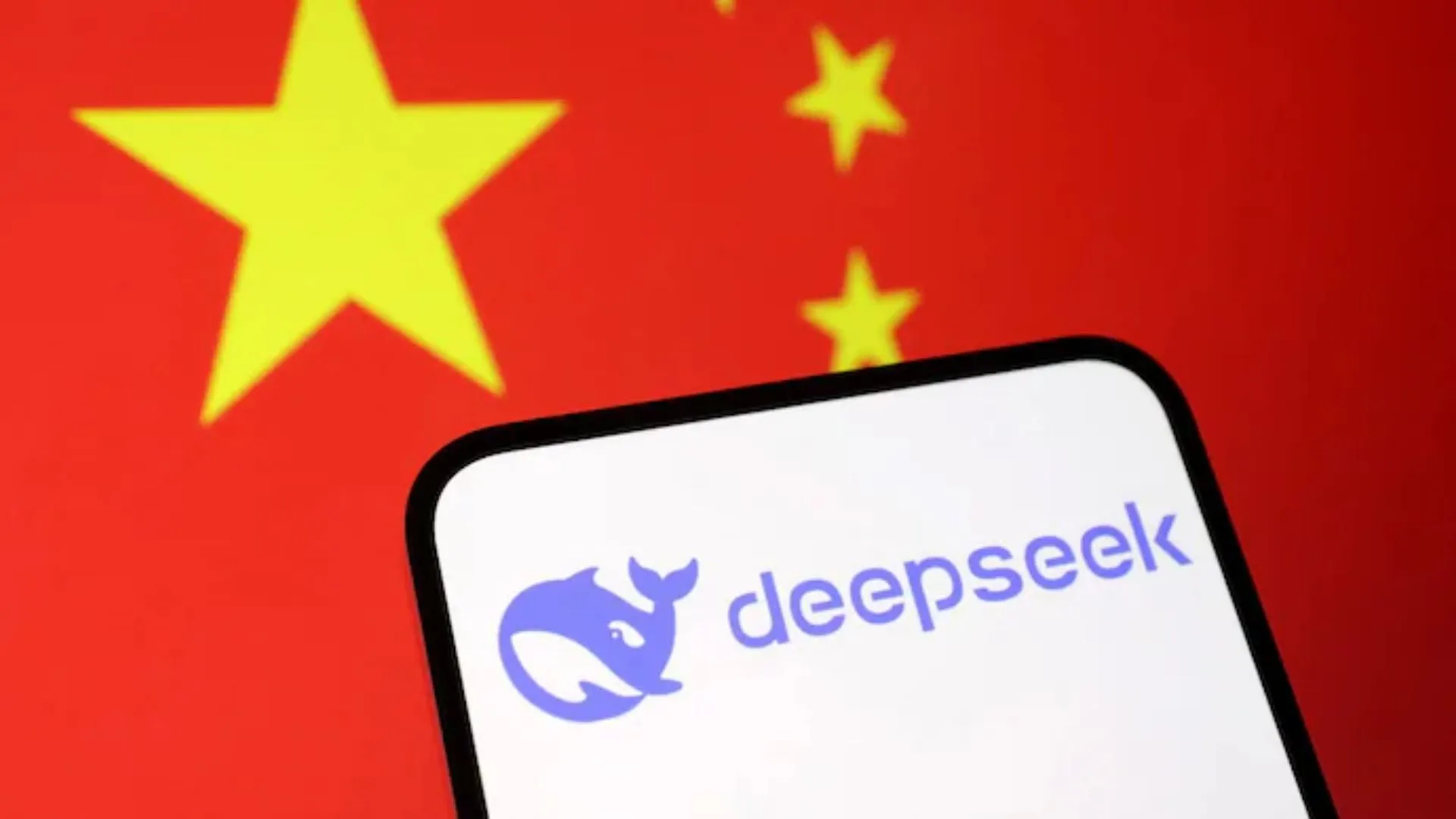DeepSeek, a rapidly growing Chinese artificial intelligence (AI) startup, announced on Monday that it would temporarily limit new user registrations due to “large-scale malicious attacks” on its platform. However, existing users will be able to continue logging in and accessing the service as usual.
This move comes as DeepSeek has been gaining significant attention, positioning itself as a potential rival to major players in the AI industry, including OpenAI’s ChatGPT and Google’s Gemini. The company has been making waves, especially after its AI Assistant app dethroned OpenAI’s ChatGPT to become the most-downloaded free app on Apple’s App Store in the U.S. on Monday, further fueling excitement around the company.
A Rapidly Rising Competitor in the AI Arms Race
The excitement surrounding DeepSeek has been building, especially in the wake of its recent milestone. The startup’s AI Assistant app claimed the top spot on Apple’s App Store, knocking ChatGPT from its coveted position. This event contributed to a notable sell-off in global tech stocks, highlighting the growing impact of DeepSeek in the AI sector.
Founded in 2023, DeepSeek has quickly captured the attention of tech analysts, investors, and developers alike. The company’s rapid growth has led some to speculate that it may be poised to disrupt the AI market, which is expected to surpass $1 trillion in revenue within the next decade. The increased interest stems from the competitive nature of the generative AI race, with both established tech giants and emerging startups vying to stay ahead.
The Launch of R1 Model By DeepSeek
DeepSeek’s momentum surged last week with the release of its R1 model, a reasoning AI system that directly competes with OpenAI’s o1. The R1 is open-source, meaning it can be accessed and utilized by any AI developer, a factor that has contributed to its rapid rise on app stores and industry leaderboards. Users have praised the model’s performance and reasoning abilities, further adding to the growing buzz around the company.
Despite ongoing trade restrictions, such as the U.S. limiting the export of chips to China, DeepSeek’s success in launching R1 has raised eyebrows. The model was developed at a significantly lower cost compared to other models from major competitors like OpenAI, Anthropic, and Google. According to estimates from Jefferies analysts, the training cost of DeepSeek’s R1 model was a mere $5.6 million—less than 10% of the cost of Meta’s Llama.
This cost efficiency has led to increasing questions within the AI sector, including concerns about the sustainability of the industry’s astronomical funding rounds and whether the current AI investment bubble could eventually burst.
The Origins of DeepSeek
DeepSeek was founded in 2023 by Liang Wenfeng in Hangzhou, China. A 40-year-old graduate in information and electronic engineering, Mr. Liang also founded the hedge fund that initially backed the company. Experts speculate that Mr. Liang’s accumulation of Nvidia A100 chips—currently banned from export to China—was a key factor in the creation of DeepSeek. Estimates suggest he may have stockpiled as many as 50,000 of these chips, which were paired with lower-end, more readily available chips to create DeepSeek’s AI models.
Liang was recently spotted attending a meeting between industry experts and Chinese Premier Li Qiang, further raising the profile of both him and his company.
Liang Wenfeng’s Vision and Surprises Along the Way
In a July 2024 interview with The China Academy, Liang shared his thoughts on the unexpected reaction to his previous AI model. “We didn’t expect pricing to be such a sensitive issue,” he remarked. “We were simply following our own pace, calculating costs, and setting prices accordingly.”
Also Read: Is DeepSeek Better Than ChatGPT?






















